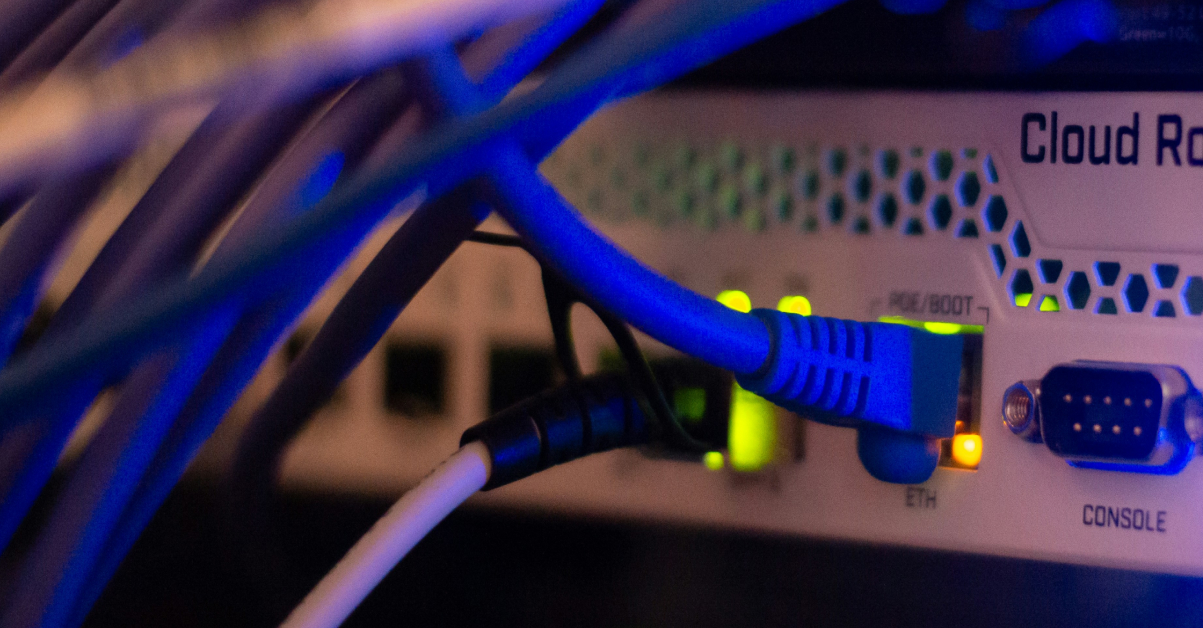Artificial intelligence (AI), while playing an increasingly important role in energy trading, and allowing for more efficient and accurate decision-making, has its limitations, such as a lack of context or a propensity for errors related to imperfect input data. As a result, the role of energy trading experts who have the expertise and skills to interpret and correctly use the data is important. In this article, we will discuss the potential of AI to revolutionize the energy trading industry.
The role of human expertise in AI
The development of AI does not mean replacing human expertise. On the contrary, subject matter experts are needed to interpret data and guide algorithms.

Human expertise is extremely important in machine learning (ML). For example, for training AI algorithms, relevant data is needed, which must be interpreted and verified by subject matter experts. Without this knowledge, it is difficult to properly select parameters and validate the results obtained. With the support of experts, it is possible to create more precise and effective machine learning models, which improves the quality and efficiency of decisions. It is also worth noting that human expertise in energy trading is not just used to guide algorithms. Therefore, despite the growing role of AI in energy trading, energy specialists will remain irreplaceable.
The potential for collaboration with AI
Artificial intelligence can bring many benefits to energy trading, especially by increasing the speed and accuracy of decision-making. With its ability to process and analyze large amounts of data in real-time, AI can help energy professionals better understand market trends and make more accurate decisions. The concept behind AI support is to use artificial intelligence to help people make decisions and perform complex tasks. AI can analyze large amounts of data, look for patterns and relationships between them, and then relay this information to humans in a form that is easier to understand and use.
This support is designed to increase productivity, improve performance and streamline the entire company. In industries such as medicine and finance, AI is already playing a key role in streamlining and optimizing business processes. In medicine, it helps diagnose diseases and develop treatment plans, while in finance, it helps identify market trends and predict behavior.
In the energy industry, AI has the potential to be used in the following areas:
- Energy demand forecasting
- Monitoring and managing the power grid
- Real-time optimization of energy consumption
- Valuing futures contracts
- Forward curve modeling
- Integration of data sources used by trading teams
- Trading performance
- Creating data lake, data lakehouse, and data warehouse architectures
Challenges:
Low data quality
- The challenge in energy trading is having high-quality data, which is typically difficult to access yet crucial for accurate forecasts and data-driven decisions. The energy industry suffers from a lack of consistency in data from different sources and in different formats, making it difficult to analyze and interpret.
Bias in algorithms
- AI algorithms learn from the data provided, which may be incomplete, contain errors, or reflect existing biases. Bias in AI algorithms in energy trading can lead to decisions based on incomplete or erroneous data, which can lead to unfavorable results.
The golden mean between speed, accuracy, and price of solutions
- Predictive models based on analysis of historical and current data are gaining popularity in predicting future energy prices. The use of advanced artificial intelligence algorithms makes it possible to obtain increasingly precise forecasts. However, in addition to precision, it is equally important to ensure that the solutions are fast enough and maintain a business-sensible cost. Achieving this difficult trade-off requires appropriate expertise
Need for specialized staff
- Implementing AI in the energy industry requires continuous investment not only in technology but also in human expertise. Adequate training and development of employees must be provided so that they can effectively use the tools provided.
Explainability of model performance
- Decisions made by an AI-supported system should be transparent and understandable to humans. It is recommended to introduce explainability (where possible), which will increase transparency and understanding of how algorithms make decisions. In this way, traders in the energy industry will have more confidence in the system and will be more inclined to use it.
Conclusions
Artificial intelligence is becoming a key component of energy trading. By using advanced AI algorithms, energy trading companies can more accurately:
- forecast future demand and supply
- make faster decisions
- increase the productivity of traders
However, it is important to remember that human knowledge is needed to interpret data and fill in the gaps in AI algorithms. Regardless of the challenges of using AI in energy trading, there are ways to overcome them. Continuous training, the use of explanatory AI, and collaboration with industry experts can help in this process.





